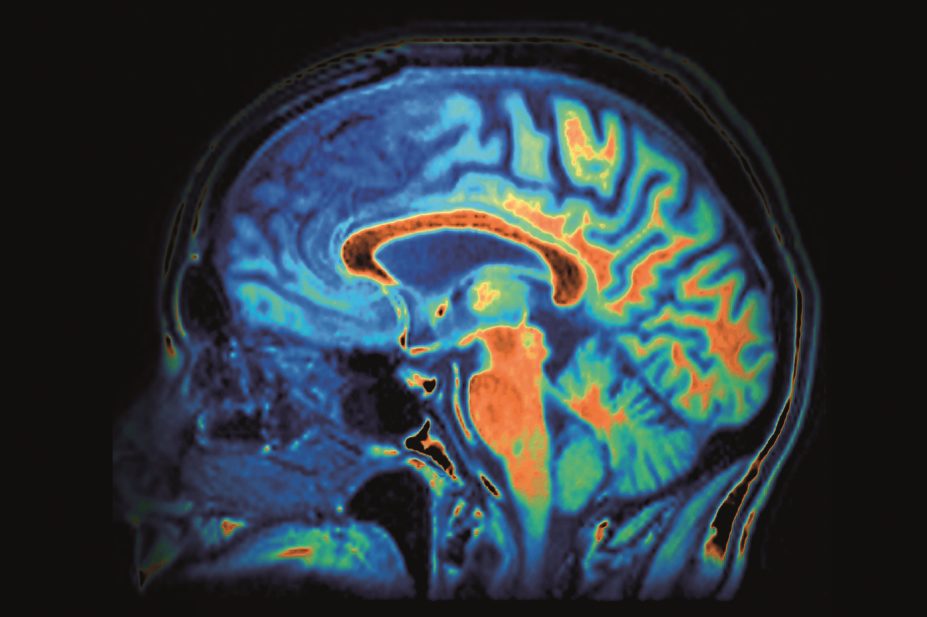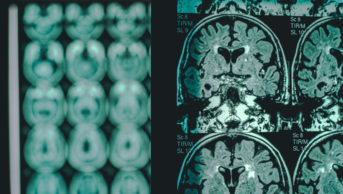
Zephyr / Science Photo Library
Benzodiazepines are often used in older adults to treat sleep, anxiety and depressive disorders. But there have been conflicting reports on their association with the risk of dementia.
In a new study of 3,434 people aged 65 years and over, researchers found no increased risk of dementia or cognitive decline among those who were given the highest levels of benzodiazepines. The team observed a slight increased risk of dementia among those with the lowest use, but their analyses suggested this likely reflected treatment of the early symptoms of dementia.
Writing in The BMJ (online, 2 February 2016)[1]
, the researchers say the ten-year prospective study overcame several limitations of previous studies that found contradictory results. However, they note that as benzodiazepines are associated with multiple adverse events, they should be avoided as far as possible in older adults.
References
[1] Gray SL, Dublin S, Yu O, et al. Benzodiazepine use and risk of incident dementia or cognitive decline: prospective population based study. The BMJ 2016; 352: i90. doi: 10.1136/bmj.i90.


